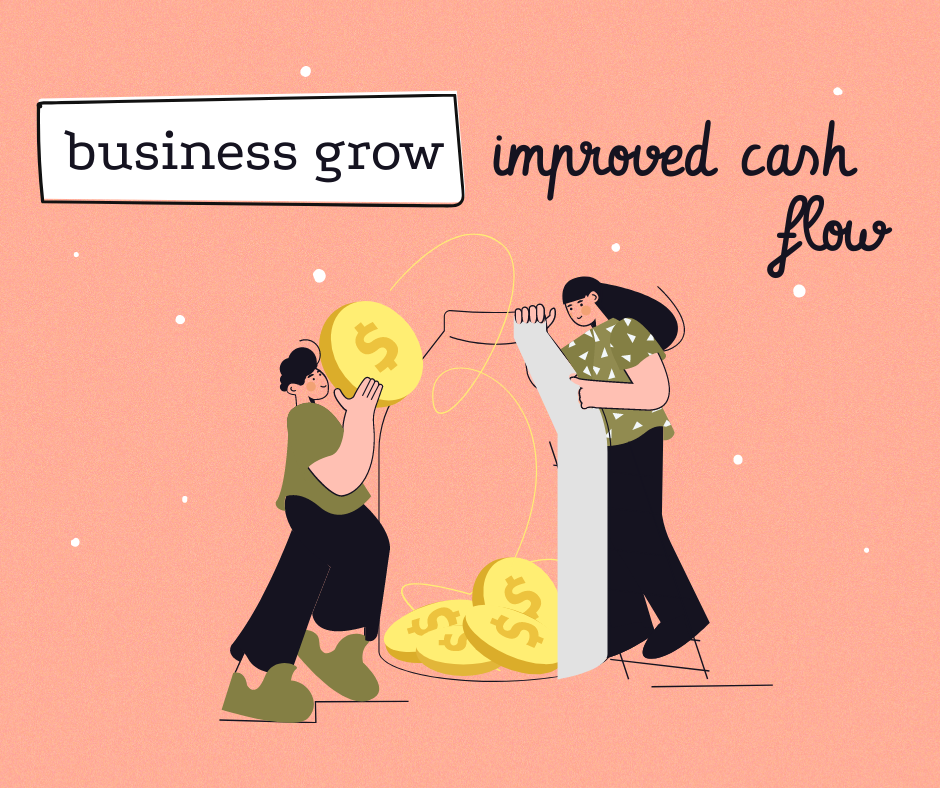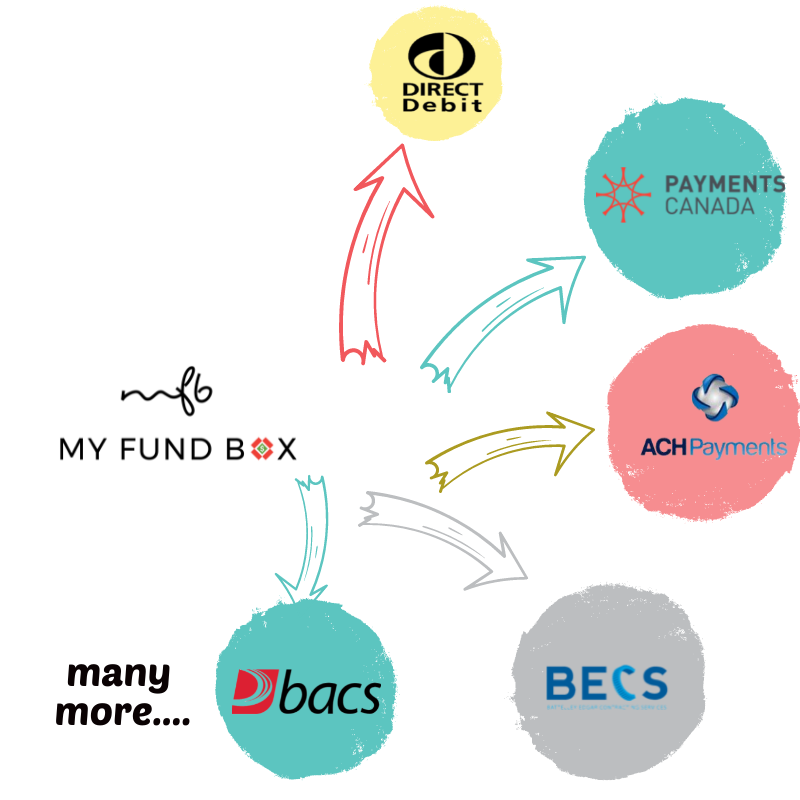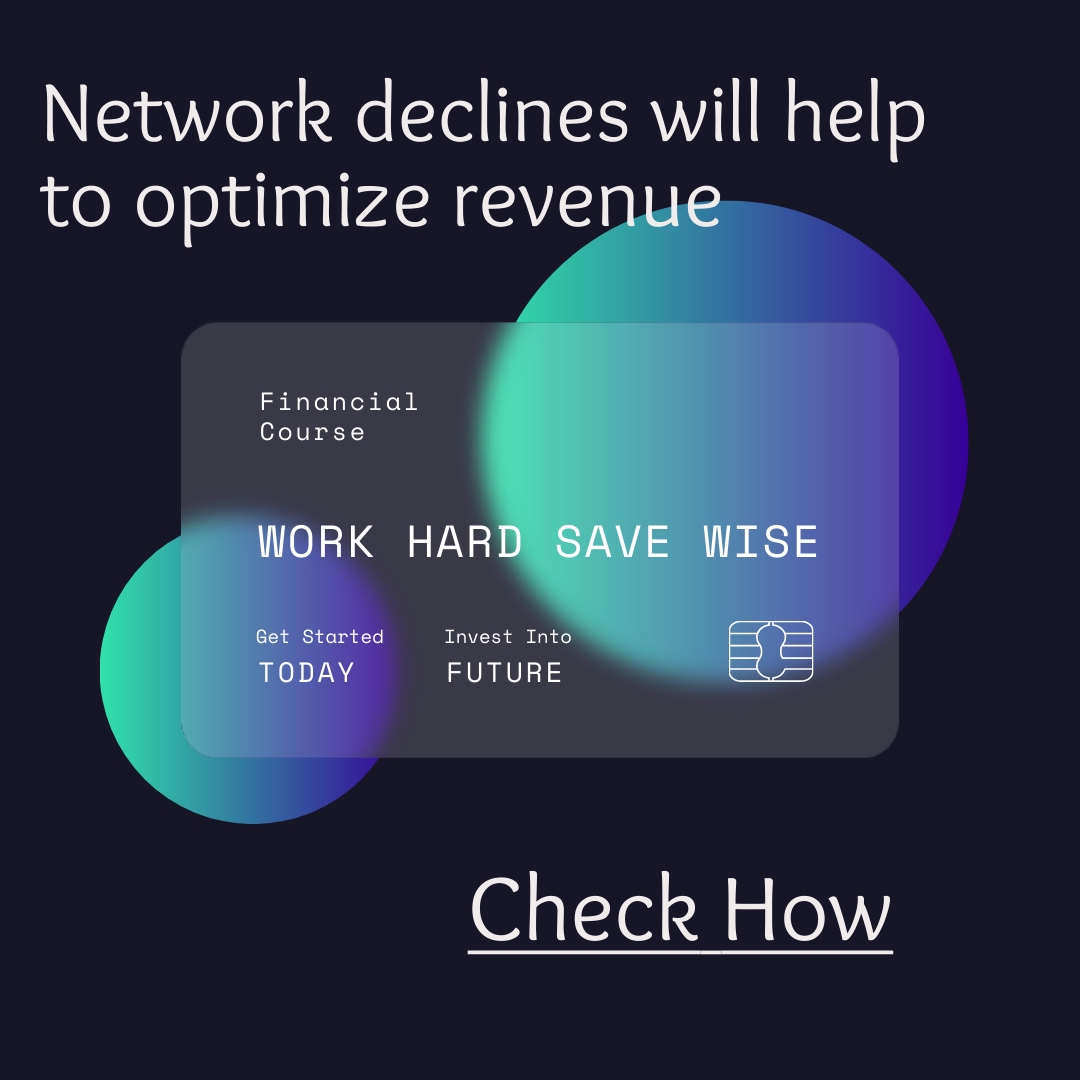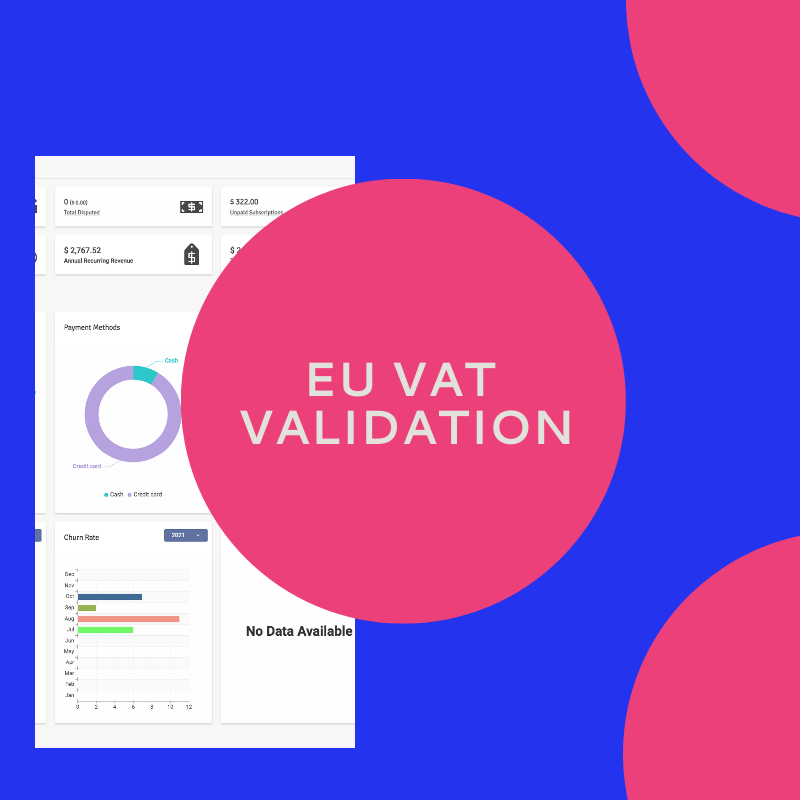MYFUNDBOX partners with Stripe to help multiply your global impact
MYFUNDBOX has partnered with Stripe, a leading payments platform, to help our nonprofit customers multiply their impact. Stripe makes accepting payments as simple and borderless as the rest of the internet. Organizations of every size use Stripe today to accept online donations and grow their donor base.









